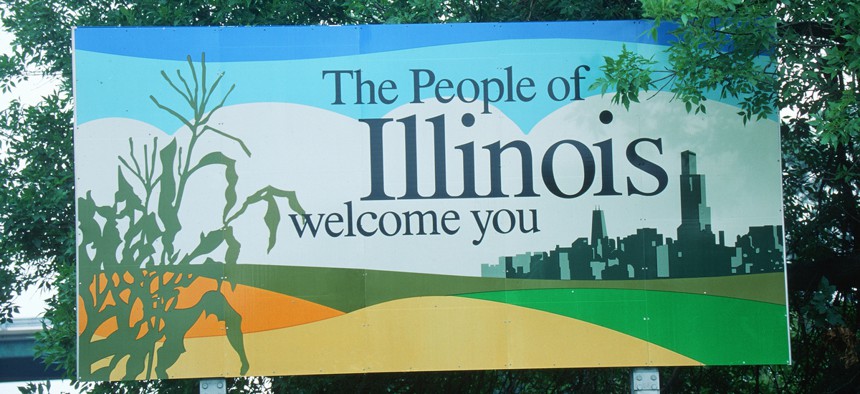This State Could Require Public Employees to Live Where They Work

Joseph Sohm/Shutterstock

Connecting state and local government leaders
Lawmakers in Illinois are debating a residency requirement for all new state employees.
Lawmakers in the Illinois Senate last week approved a bill that would require new state employees to live in the state, a so-called “residency requirement” that has proven controversial in other jurisdictions.
The bill, passed unanimously by the state Senate, would change Illinois’ personnel code to require state workers to become Illinois residents “within three months of the person’s first day of employment in that position or unless the residency requirement is waived for just cause by the Director of Central Management Services.” The bill would apply only to hires made after Dec. 31 of this year and would not affect third-party contractors.
Sen. Laura Fine, the bill’s lead sponsor, said the proposal was a way a way to ensure that state employees are accountable to the government they represent.
“Since the salaries of state workers are paid by the taxpayers of Illinois, the workers should be subject to those same taxes,” she said in a statement. “This also ensures that every state employee has the state’s best interests in mind, since any decisions made will affect them as well.”
Residency requirements have been imposed in multiple states and cities, with mixed results. In 2011, legislators in New Jersey passed a law requiring new public workers to live in the state; by 2015, more than a thousand had applied for and been granted exceptions by the Department of Labor and Workforce Development.
“It’s proof positive it’s an untenable policy,” state Sen. Tom Kean Jr. told Politico.
The Michigan legislature struck down local governments' residency requirements in 1999, leading to a mass exodus of police and firefighters from the city of Detroit. Researchers postulated that the move contributed to the city’s slide by reducing tax revenue and potentially increasing tensions between law enforcement and community residents.
“We are getting to the point where the police department will no longer reflect the community it serves,” former police officer John Bennett told Motor City Muckraker. “They’re bringing in candidates from northern Michigan who haven’t had contact with people of color, and you expect them to police a community that is predominantly black.”
It’s unclear how the Illinois proposal would affect the state’s tax base, though most of the state’s population lives within driving distance of another state, including Indiana, Wisconsin and Missouri. The bill is currently awaiting a hearing before the House Rules Committee.
Kate Elizabeth Queram is a Staff Correspondent for Route Fifty and is based in Washington, D.C.

NEXT STORY: This ‘Innovative’ Housing Program Serves Just 3 Households




